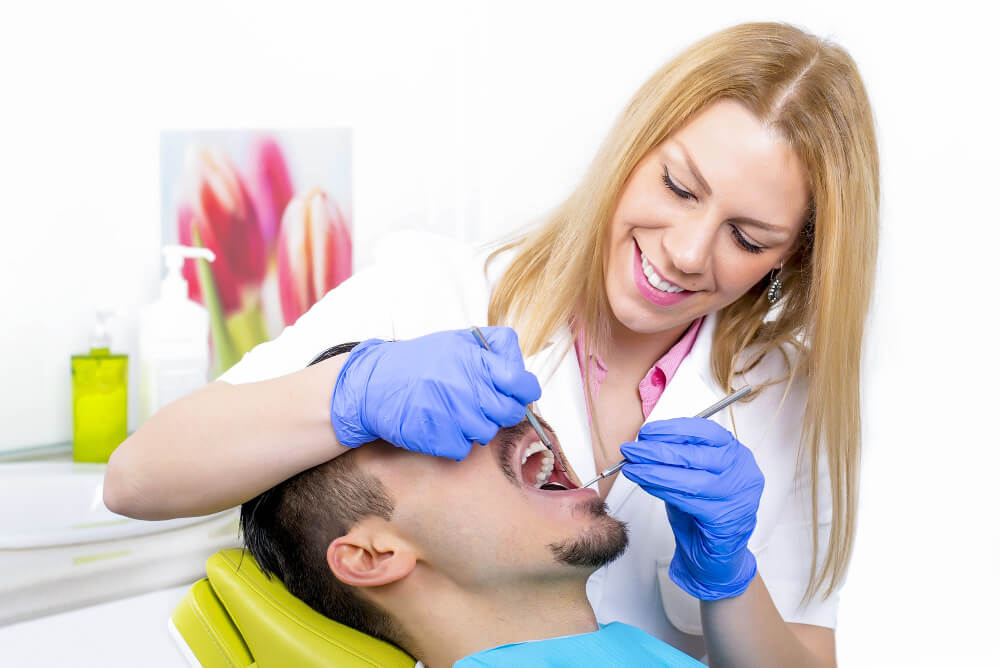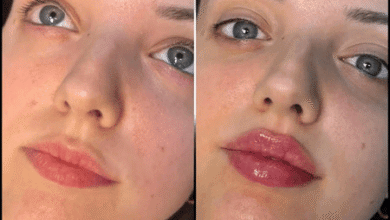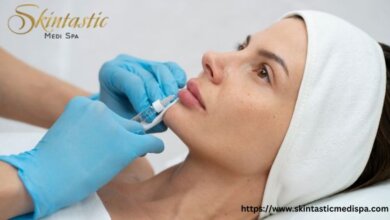Dental Cleaning Explained: What Happens During the Procedure

Did you know that your mouth is home to thousands of bacteria at any given time? Using mouthwash, brushing, and flossing are essential habits that help control them, but plaque—a sticky yellowish film—can still build up on your teeth. Over time, this buildup hardens into tartar, which cannot be removed at home. That is where dental cleanings come in. They are one of the most effective ways to remove plaque and tartar while keeping your smile healthy and bright.
A dental cleaning is a professional procedure that removes plaque, tartar, and bacteria from your teeth and gums, helping to prevent cavities, gum disease, and other oral health problems. Cleanings are typically performed by a dentist or dental hygienist and are recommended for most people every six months.
What is Dental Cleaning?
It is a procedure where a professional hygienist or dentist polishes your teeth, removes plaque, and clears tartar buildup. It is a routine treatment recommended every six months to maintain strong teeth and healthy gums. Unlike brushing and flossing at home, professional cleanings target hard-to-reach spots you may miss.
What to Expect During the Procedure?
If you have an upcoming appointment, you might be wondering what the process involves. A standard dental cleaning is simple, painless, and usually part of your regular check-up.
Here is what typically happens:
- Initial exam: Your teeth and gums are examined using a small mirror to check for any issues.
- Plaque and tartar removal: Special tools are used to gently scrape away buildup.
- Polishing: A high-powered brush with gritty toothpaste smooths the enamel.
- Flossing: Professional flossing clears debris between teeth.
- Fluoride treatment: In this treatment, a fluoride gel or foam is applied to strengthen your enamel.
By the end, your teeth not only feel cleaner but also look noticeably brighter.
Different Types of Dental Cleanings
Not every cleaning is the same. Depending on your requirements, your dentist may recommend one of the following:
- Prophylaxis cleaning: A standard cleaning for people with generally healthy teeth and minimal plaque.
- Scaling and root planing: A deep cleaning procedure for those with gum disease or gingivitis.
- Gross debridement: A more intensive cleaning if you have heavy tartar buildup or have not seen a dentist in years.
- Periodontal maintenance: Ongoing treatment for advanced gum or periodontal disease, often performed more frequently.
Professional dental cleanings are a multi-step process performed by a dentist or dental hygienist to maintain optimal oral health. The procedure begins with a physical examination of your mouth, where the practitioner uses a small mirror to check for signs of gum disease, cavities, or other dental problems. If a serious problem is found, a dentist may be called in for further examination before the cleaning begins.
Is It Painful?
No—professional dental cleanings are non-invasive and should not hurt. You may feel some scraping or mild sensitivity, but the procedure is generally comfortable.
Possible Side Effects
While safe and effective, you may experience temporary side effects such as:
- Tooth sensitivity
- Sore or bleeding gums
- Small gaps appearing between teeth (as tartar is removed)
These usually resolve quickly as your gums and teeth adjust.
Why Regular Cleanings Matter?
Plaque buildup does not just affect the appearance of your smile—it also increases the risk of cavities, gum disease, and even bad breath. Professional cleanings help protect your oral health and reduce the chances of future dental problems. Skipping them can lead to more complicated and costly treatments later.
Cost Considerations
The cost of dental cleanings in the U.S. can vary depending on the type of procedure and your insurance coverage. Routine cleanings are often included in most dental plans, making it easier to stay consistent with your appointments.
Final Thoughts
At the end of the day, dental cleanings are one of the simplest yet most effective ways to maintain good oral health. If it has been a while since your last visit, scheduling an appointment is a smart step toward protecting your teeth and gums. And if you are searching for a trusted dentist in New Prague MN, you will find professionals ready to provide the care you need for a healthier smile.
At the end of the cleaning, a rinse is performed, often with a fluoride solution, to remove any loose debris, and a fluoride treatment is administered, which strengthens enamel and prevents cavities until your next visit. After the cleaning, you may be advised to refrain from eating or drinking for about 30 minutes to allow the fluoride to fully absorb into your teeth. Regular professional teeth cleaning is essential not only for oral health, but also for overall health, as it helps prevent gum disease, tooth decay, and improve long-term dental outcomes.



